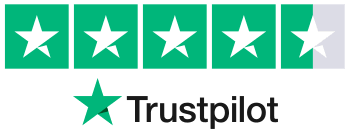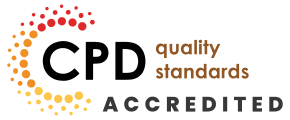
“Knock knock. Who’s there?” Sometimes, it’s not a joke but a genuine quest to find someone’s place of employment. It can seem like a mystery, one that people often wish to unravel. There are various reasons why someone might want to know how to find where a person works.
Perhaps it’s for networking or maybe it’s just out of pure curiosity. Yet, as intriguing as it may sound, this endeavor requires a blend of tact and ethical awareness. In the digital age, while information becomes more accessible, it’s crucial to approach such inquiries with respect and discretion. Through traditional methods and online tools, one can discover this data. Yet, the motive and method both matter.
Why is it important to understand the ethical points?
Many turn their eyes to the internet as a way to find out where a person works for free. At the click of a button, you can potentially unravel the details of an individual’s professional life. However, with this convenience comes the responsibility to understand and uphold the ethics of such inquiries.
When determining how to find where someone works, it’s essential to ask oneself the intention behind the search. Is it for professional networking, or could it veer into the territory of invasion of privacy? Ethical considerations should always guide these pursuits.
Moreover, while you might be able to track down where someone works on the internet, it’s vital to ensure that any information gathered isn’t misused or shared inappropriately. It’s not just about what you can find but also about what you choose to do with that knowledge. Always remember that just because information is available, it doesn’t necessarily mean it’s ethical to use it without proper context or reason.
Traditional ethical methods which are just working
Before the rise of the internet, people relied on direct communication and established connections to gather such information.
One traditional way involves simply asking the individual directly. If the intention is pure, like reconnecting or networking, most people don’t mind sharing their professional affiliations. This direct approach not only ensures transparency but also establishes a trust-based relationship right from the outset.
Another respected method is word of mouth. Often, mutual acquaintances or friends might know where someone works. However, it’s always wise to ask the person in question before seeking such information from third parties to avoid any semblance of going behind their back.
Lastly, professional networks or alumni associations, which often host events or have directories, can be useful. These platforms exist to foster connections, making them an ethically sound choice for such inquiries.
Online tools
Well, most Millennials would use the Internet, anyway. While these methods can be convenient, it’s essential to approach them with discretion and ethical considerations, as you might have trouble in paradise later on!
Social Media platforms
Social media has become an invaluable tool for connecting professionally. Sites like LinkedIn are dedicated to professional networking, where users list their employment history and current positions. Facebook, though primarily for personal connections, often has users share their workplace under their profile information. While it’s straightforward to access, always ensure your intent is clear and honest.
Company websites
If you know the industry or have an inkling of where someone might be employed, company websites can be a good starting point. Many businesses have a ‘Team’ or ‘About Us’ page detailing key personnel, their roles, and sometimes even their professional background. However, using this method requires some prior knowledge or educated guesses about the person’s profession or employer.
Alumni networks
Several online directories catalog professionals by industry, expertise, or location. Similarly, university alumni networks often maintain digital platforms for former students to connect and share professional updates. Such resources can be a treasure trove of information. Still, as with all methods, ensure that your reasons align with the platform’s purpose and the user’s privacy expectations.
Key takeaways from the article
Ethical considerations are paramount when seeking someone’s workplace, be it through traditional or online methods.
Social media platforms like LinkedIn offer professional insights but require respectful engagement.
Online directories and alumni networks are resourceful, but the intent should align with user privacy expectations.
Final words
If you find someone’s place of employment, that may be beneficial for you. But still do it ethically.










